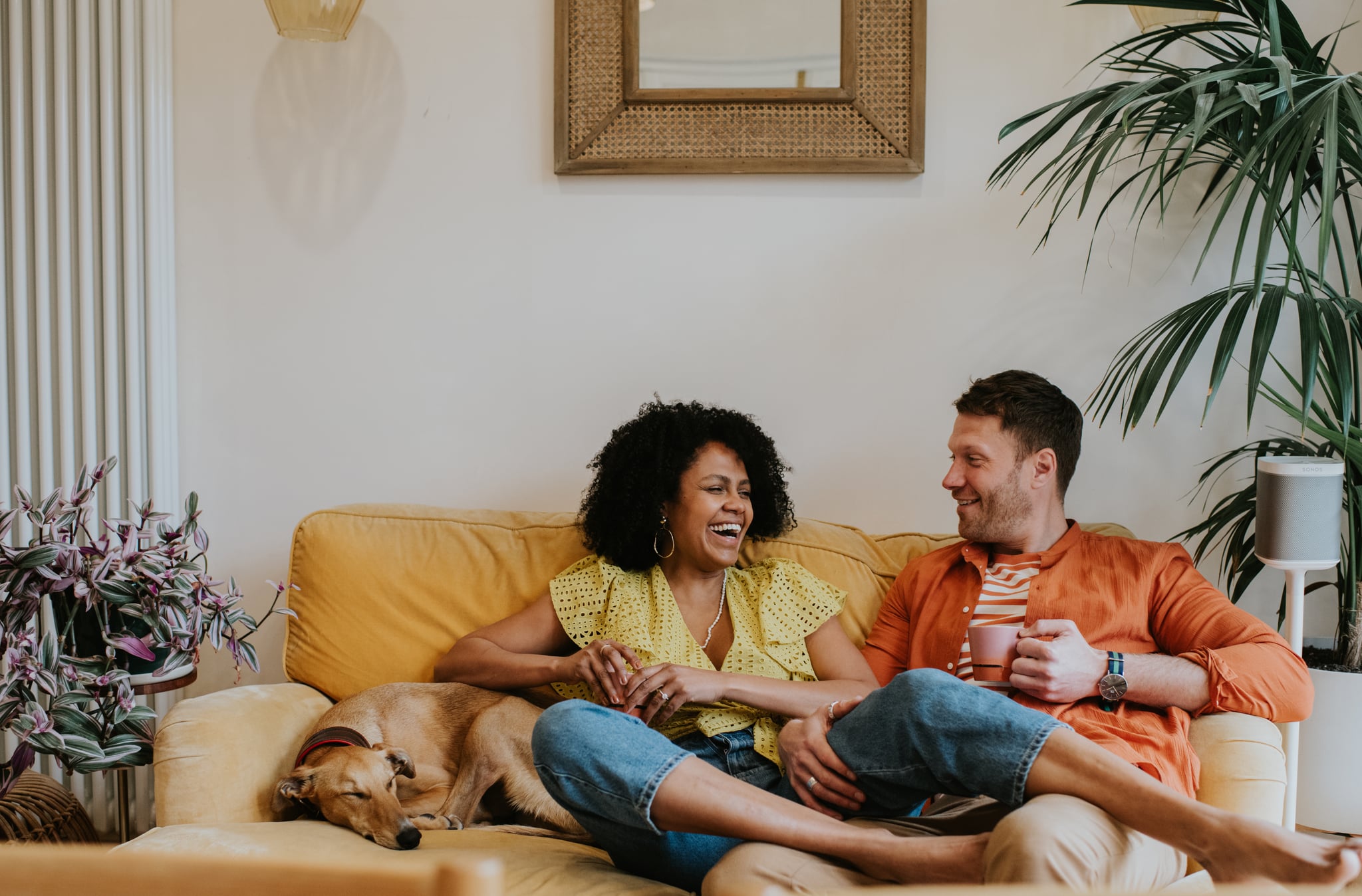
In the United States, a growing number of couples are living a DINK lifestyle instead of the historically traditional family structure that includes having children, at least according to the data. The DINK lifestyle, also known as “double income, no children,” is generally used to describe a family in which neither of the adults in society have children and both have paid jobs.
According to the most recent data from the US Census Bureau, the number of adults living without children has increased by 19% since 1967. Additionally, a 2021 Pew Research Center survey found that 44% of non-parents between the ages of 18 and 49 say they are unlikely to have children. This number is up from 37 percent in 2018, indicating a growing trend of couples delaying or abandoning children altogether. Several factors contribute to the rise of the DINK lifestyle, including a delay in the average age at marriage, financial reasons, and changes in life goals.
POPSUGAR spoke with some experts to better understand the DINK lifestyle, including the pros, cons, and what couples should consider if they’re considering a future childless family.
Why do couples choose a DINK lifestyle?
Like any partnership and family structure, the DINK lifestyle is not a one-size-fits-all term. Instead, couples come to live the DINK lifestyle for a number of reasons, Jay Zigmont, Ph.D., CFP and founder of Childfree Wealth in Water Valley, Mississippi, tells POPSUGAR.
Sometimes the DINK lifestyle is by choice and sometimes it is not. “There are those who choose not to have children, often called childless, while for others, it may not have been by choice, often called childless,” Zigmont explains. (Editor’s note: For the purposes of this article, the experts primarily looked at couples who are DINK by choice.)
For Zigmont and his wife, the DINK lifestyle provided more flexibility to create a life that works best for them, which he has seen with many of his clients as well.
“With my clients, being DINK means they have more options,” adds Zigmont. “It’s common to see clients take turns supporting each other and even take a sabbatical to find themselves. Goals are flexible in DINK couples, and it’s not surprising to hear them change, sometimes drastically, even over the course of a lifetime.” one year”.
What are the benefits of living a DINK lifestyle?
Zigmont says that in his experience, those who choose to live a DINK lifestyle do so for three main reasons: they never wanted children, they are focused on financial well-being, and they desire freedom.
“Our highest priority is the happiness of others, and none of us is willing to sacrifice the intentional lifestyle we have cultivated.”
All three of those reasons have been true for Delanie Fischer, who lives the DINK lifestyle in Los Angeles with her husband, Cam Mulford. She tells POPSUGAR that not having children has given them “an enormous amount of freedom, not just in our time, but also financially, creatively, and energetically.”
“When we got really honest about what our ideal life together would look like now and in the future, none of the things we excitedly mentioned included having kids,” she explains. And for your relationship and life goals, the DINK lifestyle makes sense.
“We really enjoy our day to day individually and as a couple, we like to work together on our shared goals, and we try to prevent and reduce stress as much as possible,” shares Fischer. “Our highest priority is the happiness of others, and none of us is willing to sacrifice the intentional lifestyle we have cultivated.”
Are there any downsides to living a DINK lifestyle?
Some may say that living a DINK life means never being able to “create a family”. But Zigmont encourages people to check their prejudices about what family means.
“While some define a family as having children, people without children are also a family,” he says. “A family without children may look different, but it’s a family nonetheless,” says Zigmont.
However, challenging these societal ideas of what family means can affect DINK couples, says Fischer. “The only mild challenge we’ve experienced is during social situations when people ask when we plan to have children and are very confused when we tell them we won’t have any,” she explains.
People tend to make assumptions about Fisher and her husband. They think “we hate children, that we’ll regret it, that we’ll change our minds, that we won’t know true love if we don’t have a baby, that our lives will have no true purpose,” she says. And this can seem very invalidating to the lifestyle that many DINK couples have chosen.
Ultimately, couples considering a DINK lifestyle must choose what is best for them.
For Fischer and her husband, choosing the DINK lifestyle has been 100 percent the right choice for them. “We are very happy with our decision, we feel determined every day, we have many children in our life and we enjoy our roles as aunt and uncle,” she says. “We also respect how big the commitment and responsibility of being a parent is, and it’s just not for us.”
If you and your partner are considering the DINK lifestyle, remember that it should be a decision between the two of you. Don’t let preconceived notions get in the way. And “be careful not to just follow a cultural script,” says Zigmont.
“We had to make this decision based on what we want, not what other people want for us,” says Fisher. If you manage to do that, whatever decision you make will be the right one for you.
Source: news.google.com